
 [rating=3] Simultaneously raucous and tragic, “Roast” is “a painter’s palette of emotions.” Brought to the stage by The Comrades, the resident company at the Greenhouse Theater Center, it is a dark comedy about a young comedian named Sam Warner who takes his own life and does not want a traditional funeral or memorial service. Instead, his last wishes are for his fellow comics to pay tribute to his relatively short time on earth by roasting him. By telling jokes and funny anecdotes about his life, there would be no need to cry, no need to be sad; for it is so much better to laugh!
[rating=3] Simultaneously raucous and tragic, “Roast” is “a painter’s palette of emotions.” Brought to the stage by The Comrades, the resident company at the Greenhouse Theater Center, it is a dark comedy about a young comedian named Sam Warner who takes his own life and does not want a traditional funeral or memorial service. Instead, his last wishes are for his fellow comics to pay tribute to his relatively short time on earth by roasting him. By telling jokes and funny anecdotes about his life, there would be no need to cry, no need to be sad; for it is so much better to laugh!
Written by Harry Wood and directed by Derek Bertelsen, “Roast” fleshes out the essence of each of six characters to show that they are so laser-focused on themselves that the deceased takes on a secondary role. Friends and family finally get around to eulogizing Sam—but only after they poke fun at themselves and try to deal with their own personal baggage and unexplored feelings about death. Over time, from their own unique perspectives, each of the roasters asks: “Why was I not there for him?” “Where did I fail him?” “How could I have prevented this young man from dying so tragically?” And finally: “How has my own life been different with him—and now without him?”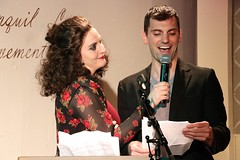
Sam’s father (John Miraglia) asks these questions in the most straight-forward manner of all the characters, reflecting on his absence from his son’s life for the last eight years. Sam’s sister (Kyra Jones) perhaps understands her brother the best of all and thus acts with moral certainty when she harshly rebukes their father about how he abandoned them after their mother died. Sam’s on-stage colleagues (Reginald Hemphill, Mike Newquist, and Alison Plott) are apparently closer than family to him—and yet they don’t understand his reasons for dying either.
What each of the young comics best understands, however, is what it means to die on stage. But why should this ever translate into dying in real life? Is there a connection between the two? How much is one’s self-worth tied into how much an audience loves or hates you? How much does one’s self-esteem depend on one’s web of interpersonal relationships: how much others like you, respect you, and encourage you, or not? When does the need for outside approval end and finding the confidence within the depths of oneself begin?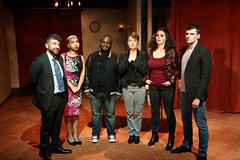
The comedians’ mentor Beth Wilde (Kelli Walker) explains to the group that there is no perfect comic—she has mentored thousands—but accepting yourself with your talents and faults is part of it all. Comedic wit, expressed well, not only derives from happenstance—accidents and incidents—but from the nasty and dark side of human nature. The playwright’s premise is excellent; namely, what is the relationship between comedy and death? Both deal with the hidden places of the soul. But when is talking about such things funny and when is it not? To heighten the comparison between the origins of comedy and death, the sacred location of a funeral home is constantly intertwined with that of the secular green room, where the young comics rehearse their lines, organize their material, and share their experiences with each other. Moreover, the playwright counterposes the sacred with the profane in the form of coarse dialogue and vulgar references to body parts. Sam and the other comics would have typically been irreverent in their stage routines, thus drawing upon the darkness rather than the light in order to be funny. This gives credence to the idea aptly expressed by their mentor that when comics die a physical death, they have to go to hell, as heaven would be much too boring a place—and certainly not a place to get comedic material.
The younger characters cling more tightly to their own autobiographies and thus become so self-absorbed that they fail to adequately reflect on the sanctity of life of the now-absent Sam. Does their young age translate into their lack of experience with knowing death and a failure to believe (at some level) that it can really happen to any one of them? There is some kind of disconnect here, and thus they try to laugh it off as a means of trying to embrace it. In sharp contrast, the funeral director (Roy Pugh) has seen it all—death in its many forms—and so dying and the reasons behind it are seemingly less of a mystery to him than to the others. For him, death is routine; there are other bodies to be buried. Then there are the father and the comic mentor who are older, and as they each get closer to the age of their own (natural)) mortality, the pretense of making death somehow funny vanishes.
It is cathartic that these five characters (plus the funeral director) can grieve as a group. Rare is there a setting where we have permission to explore the darkness within ourselves and our own vulnerabilities. But do we have to wait for somebody to die before we learn how to accept grief as being part of the human experience?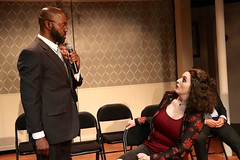
The Comrade’s performance of “Roast” at the Greenhouse Theater Center is both beautifully acted and directed, though at times the story seems a bit too disjointed, inconsistent, and choppy to be thoroughly satisfying. But that is a good thing. You’re supposed to feel on edge when a loved one suddenly dies for no good reason. The deceased may want the bereaved to be joyful, but can emptiness ever truly be replaced by levity? After the last toast and tribute are made, there is the grim reality that each of the characters in the play must face in their own way: Why? Why did Sam ultimately feel so utterly abandoned that he would singlehandedly kill himself? What can you say when a young life is cut short all too soon? It is a waste of humanity, a waste of the potential to help heal the world, and the throwing away of one’s promise.
I’ve been through all this first-hand this past April when the son of my close high school friend suddenly died at age 31. As with the (main) character in this play, my friend’s son did not want a funeral or memorial service. He wanted his “celebration of life” to take place at a local bar, his favorite hangout for so many years. It is not that life imitates art or art imitates life but that both run on parallel tracks.
In essence, our lives are remembered through the filter of each other’s memories, none of which are truly our own. This truth, by extension, is at the essence of Sam Warner, whom none of us will ever really know, whom his father describes as being a ham at his own bar mitzvah, with his love for taking the stage. Despite (or perhaps because of) this craving for an audience, Sam died alone. “I got another call,” he told his father over the phone. So many things left unsaid and unspoken is the sentiment shared by all, each in their own way. And how little everybody, even Sam’s closest friends, ever really knew who he was.
“Roast” is running at the Greenhouse Theater Center, 2257 N. Lincoln Avenue, Chicago, through August 18, 2019.
Thursdays 8 p.m.
Fridays 8 p.m.
Saturdays 8 p.m.
Sundays p.m.
Tickets range from $15 to $20, with discounts for industry and students. Tickets are available at https://www.greenhousetheater.org or by phone at 773-404-7336.
For more information, please contact, www.the-comrades.com
To see what others are saying, visit www.theatreinchicago.com, go to Review Round-Up and click at “Roast”


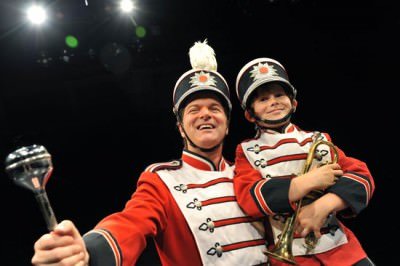
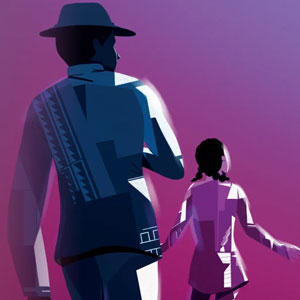
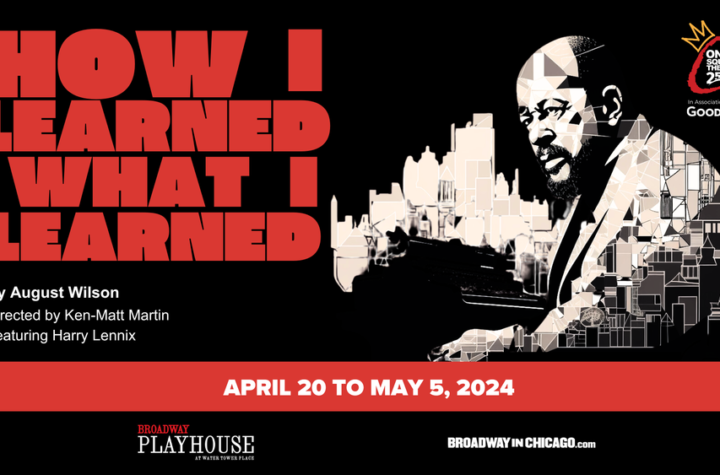
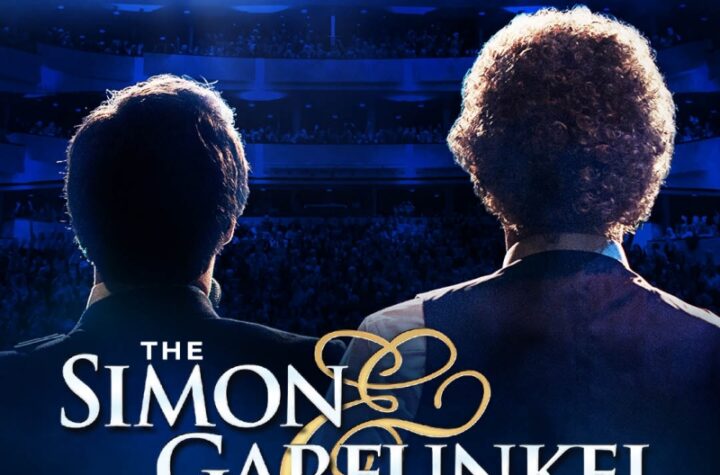
More Stories
“Joe Turner’s Come and Gone”
“How I Learned What I Learned” reviewed by Julia W. Rath
“How to Know the Wild Flowers: A Map” reviewed by Julia W. Rath